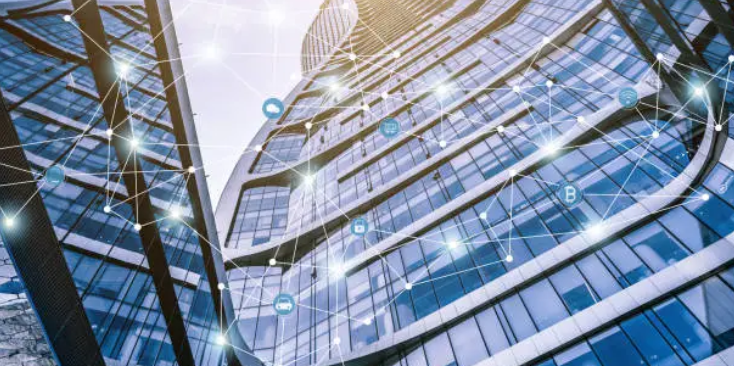The Future of Construction: How AI is Revolutionizing the Industry
Artificial Intelligence (AI) is transforming industries worldwide, and the construction sector is no exception. From enhancing safety to optimizing project management, AI-driven solutions are making construction smarter, faster, and more cost-effective. Let’s explore how AI is reshaping the construction industry and what it means for the future.

1. AI-Powered Project Management
Managing large-scale construction projects involves numerous complexities, from scheduling and budgeting to workforce coordination. AI-powered project management tools leverage machine learning to analyze data, predict delays, and optimize resource allocation. These intelligent systems help construction firms stay on track and within budget by identifying inefficiencies before they become costly problems.
2. Enhanced Safety Through AI
Construction remains one of the most hazardous industries. AI is improving safety by utilizing computer vision and predictive analytics to detect potential risks. For example:
- AI-powered cameras can monitor job sites in real time, identifying unsafe behaviors and alerting managers.
- Wearable devices equipped with AI can detect worker fatigue or hazardous environmental conditions, reducing accident risks.
- Predictive analytics can analyze historical safety data to anticipate potential accidents and recommend preventive measures.
3. Smart Design and Planning with AI
Building Information Modeling (BIM) combined with AI allows architects and engineers to create highly efficient, data-driven designs. AI enhances BIM by:
- Generating optimized designs based on cost, sustainability, and safety factors.
- Predicting structural weaknesses before construction begins, reducing rework and material waste.
- Automating compliance checks, ensuring projects meet regulatory standards efficiently.

4. AI in Construction Robotics and Automation
AI-driven robotics are streamlining construction processes by handling repetitive and labor-intensive tasks. Some key advancements include:
- Autonomous construction vehicles, such as self-driving bulldozers and excavators, which increase efficiency and reduce human error.
- Bricklaying and welding robots, which work faster and more precisely than human labor.
- Drones with AI capabilities, which conduct site surveys, track progress, and enhance site security.
5. Predictive Maintenance and AI in Infrastructure
AI-powered predictive maintenance helps construction companies monitor equipment health and prevent unexpected breakdowns. By analyzing sensor data, AI can:
- Detect early signs of wear and tear on machinery.
- Schedule maintenance proactively, reducing downtime and repair costs.
- Extend the lifespan of critical infrastructure, improving long-term sustainability.
6. AI and Sustainable Construction
With growing emphasis on sustainability, AI is playing a crucial role in reducing the environmental impact of construction. AI-driven solutions help by:
- Optimizing energy efficiency in buildings.
- Reducing material waste through smart inventory management.
- Enhancing green construction techniques, such as AI-assisted site selection for solar and wind energy projects.
What’s Next? The Future of AI in Construction
As AI technology continues to evolve, we can expect even greater innovations in construction. From AI-powered supply chain management to fully automated construction sites, the possibilities are endless. Companies that embrace AI now will gain a competitive edge by improving efficiency, reducing costs, and enhancing safety.
Get Ahead with AI in Construction
Is your construction business ready for the AI revolution? At JGM NY Construction, we leverage cutting-edge technology to deliver top-tier construction management solutions. Contact us today to learn how AI can enhance your next project!